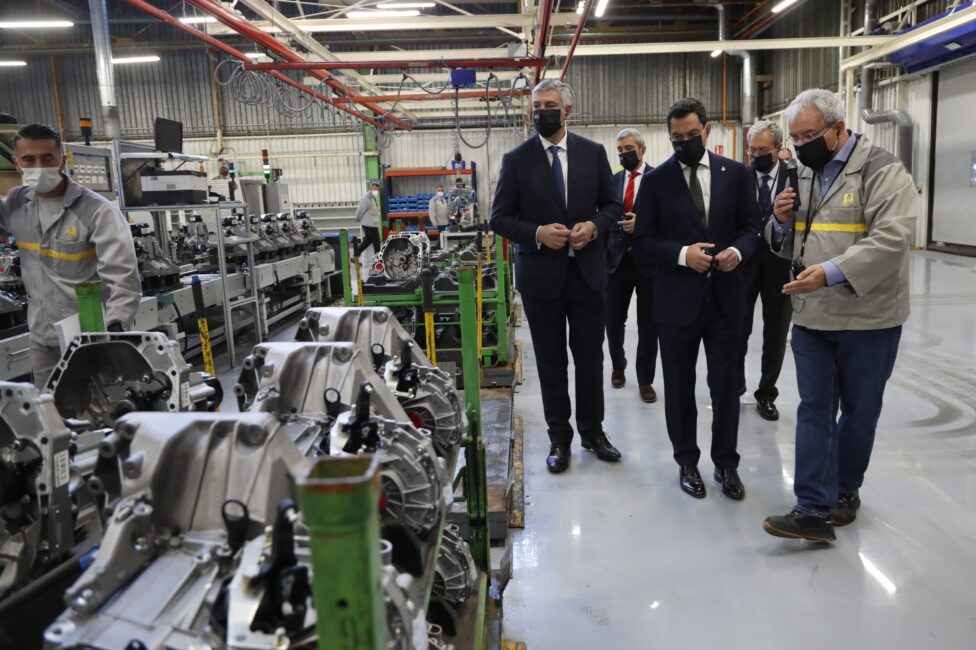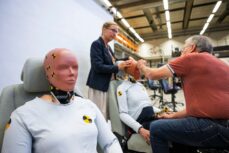Renault moves up a gear in the circular economy

This new “Refactory” in Seville will be built around four areas of activity: reconditioning of used vehicles (Re-Trofit), battery repair and recycling (Re-Energy), recycling and manufacturing for E-Tech gearboxes (Re-Cycle) as well as a training and research and development center dedicated to the circular economy (Re-Start).
The roll-out of the Refactory will take more than two years, after which it will span more than 5,000 sqm. The Re-Trofit division will start its activities at the end of 2022, with the ambition of reconditioning more than 10,000 vehicles and repairing up to 1,000 batteries per year.
Earlier this year, the automotive group announced that it had joined forces with French environmental services firm Veolia and Belgium-based chemicals company Solvay to recycle, in a closed circuit, the metals in its end-of-life batteries. The aim here is to preserve resources and reintroduce them into the production process, while reducing the carbon emissions associated with the manufacture of these batteries. This is a crucial environmental issue, with some 10 million electric vehicles already on the road worldwide, a figure that could increase tenfold in 10 years’ time.
Of course Renault is not the only manufacturer involved in recycling electric batteries. The Volkswagen group has also committed to recycling strategic materials used in its lithium-ion batteries, starting with its Salzgitter plant in Germany.














